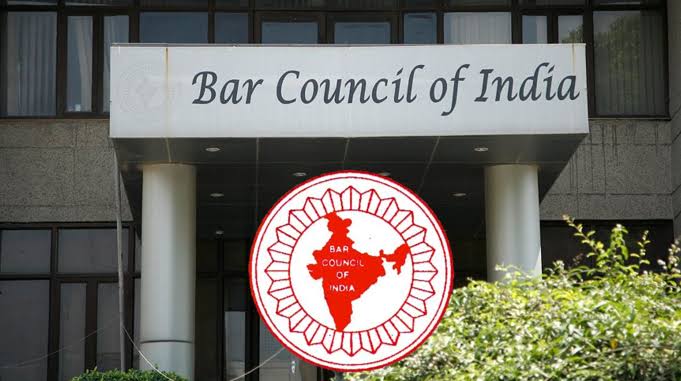


Bar Council of India (BCI) Chairman and Senior Advocate Manan Kumar Mishra has written to the High-Level Committee for One Nation, One Election to put forth his suggestions on the changes required to facilitate simultaneous elections in the country.According to Mishra, the proposition of 'One Nation, One Election', advocating simultaneous elections for Central and State governments, necessitates substantial Constitutional, legal and administrative transformations for its effective implementation.Accordingly, he has put forward the following suggestions:
1. Constitutional amendment
As per Mishra, the foremost imperative involves amending the Constitution to synchronize the tenures of State Assemblies with that of the Lok Sabha.This, he says, entails modification of Articles 83 (Duration of Houses in Parliament), 85 (Sessions of Parliament, prorogation and dissolution), 172 (Duration of State legislatures), 174 (Sessions of the State Legislature, prorogation and dissolution) and 356 (President's rule) of the Constitution of India.
He has also suggested the examination of Articles 243K and 243ZA, which were inserted to establish a State Election Commission in every State with powers of superintendence, direction and control of the preparation of electoral rolls for, and the conduct of, all elections to the Panchayats and Municipalities in the State.
2. Empowerment of Election Commission
Mishra has said that augmenting the resources and authority of the Election Commission of India (ECI) is imperative to properly manage the logistics and execution of simultaneous elections.
"This may necessitate a restructuring of the Election Commission to enhance its capabilities in coping with the escalated workload and heightened complexity," the letter reads.
3. Amendments to Electoral laws
The BCI Chairman has also suggested amendments to the Representation of the People Act, 1951, and other relevant electoral statutes. This encompasses provisions delineating coordinated polling schedules, uniform campaign periods, and expenditure limits for both Parliamentary and State elections.
4. Political funding reforms
Further, Mishra has stated that ensuring equitable electoral practices and mitigating the influence of monetary prowess mandates substantial reforms to laws governing political funding and campaign finances."Transparent procedures governing political funding and expenditure are critical to preserving the integrity of the electoral process," he has emphasized.
5. Administrative PreparednessMishra has also emphasized that comprehensive administrative readiness is paramount to execute simultaneous elections seamlessly.This, as per Mishra, involves meticulous coordination between the Union and State governments to oversee aspects such as security measures, polling station management, deployment of election personnel, and logistical requisites.
6. Public Awareness and Voter Education
The BCI Chairman has also emphasized that the success of 'One Nation, One Election' necessitates extensive public awareness initiatives and voter education campaigns.
"The aforementioned legal and administrative transformations represent pivotal prerequisites for the actualization of 'one nation, one election' in India. It is imperative to acknowledge that such a paradigm shift in the electoral landscape demands meticulous planning, consensus-building among political entities, and a thorough assessment of its potential ramifications on the democratic principles inherent in the nation," the letter adds.
The letter also delves into the possible advantages and challenges that simultaneous elections would bring.
The advantages cited include cost and administrative efficiency, continuous governance, voter convenience, decentralization of power, greater policy focus, and reduced security concerns.
The disadvantages mentioned encompass significant constitutional changes, an overemphasis on national issues, and the influence of national trends on State elections.
TAGS: Administrative Preparedness Simultaneous Elections Union and State Governments Coordination